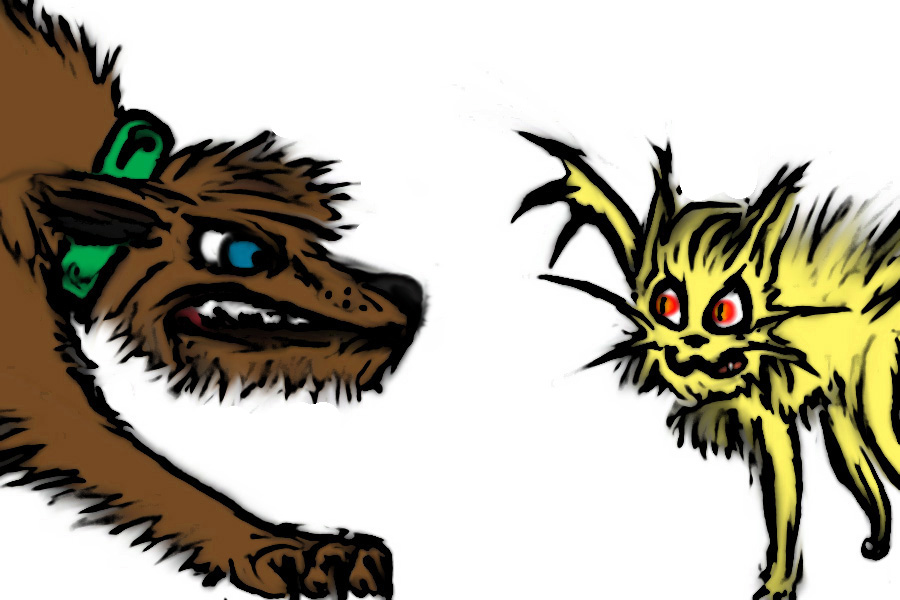Hiya !
How's your weekend going ? I hope OK. Today I have prepared a selection of idioms. Last time, I prepared some idioms about food, but this time I have something special in mind: some idioms about violence. Yap! You heard right: in the English language there are plenty of idioms of violence. Are you ready to receive this punch (he he) or rather bunch of idioms? Let's begin:
- To kill to birds with a stone (my favourite one): to solve two problems at a time with one single action. E.g. 'I have to go out to buy bread. If you want, I can also take your clothes from the cleaner's. I will kill two birds with a stone'.
- To kick the bucket: To die or pass away (really informal expression), for example, 'the old man kicked the bucket last week and all the family are eagerly waiting to see his last will.'
- To shoot oneself in the foot: To do something that will bring you problems to yourself, for instance, 'he had a lot of things to do that afternoon, but he promised to help his neighbour as well. As a result, he went to sleep really late. He shot himself in the foot.'
- To beat the gun/the clock: To do something before the end signal. E.g. 'in the race, John wanted to beat the gun, but he didn't make it. He was second.
- To fight like cat and dog: When two people (usually enemies) argue together all the time, as in the sentence: 'Peter and Jimmy can't stand each other. Every time they're together, they fight like cat and dog.'
- To be up in arms: To become angry or to rebel against something or someone, for example, 'everybody in the class was up in arms when the teacher set up the exam for a Friday, just when they already have four exams.'
- To fight tooth and nail: To make a huge effort to achieve something, as can be seen in the utterance: 'I'm going to fight tooth and nail to get an A in all the subjects this course, but it's going to be hard.'
- Break a leg: To wish someone good luck (specially said to actors and actresses before their performance in a theatre play): 'Tomorrow it's the great day. Break a leg.'
Did you enjoy the idioms ? Can you think of more violent idioms ? To end this post I will post some material related to arms and violence. The first one is one of my favourite songs by Green Day: 21 Guns (see video). The second one is an article reigniting the debate on whether police officers should carry guns while in service. The last one is an article about the right to bear to bear arms in bars and restaurants in America. Have a look at all the links provided and, who knows ?, maybe you'll kill two birds with a stone: you will enjoy yourself and will learn English at the same time.
See you around.











